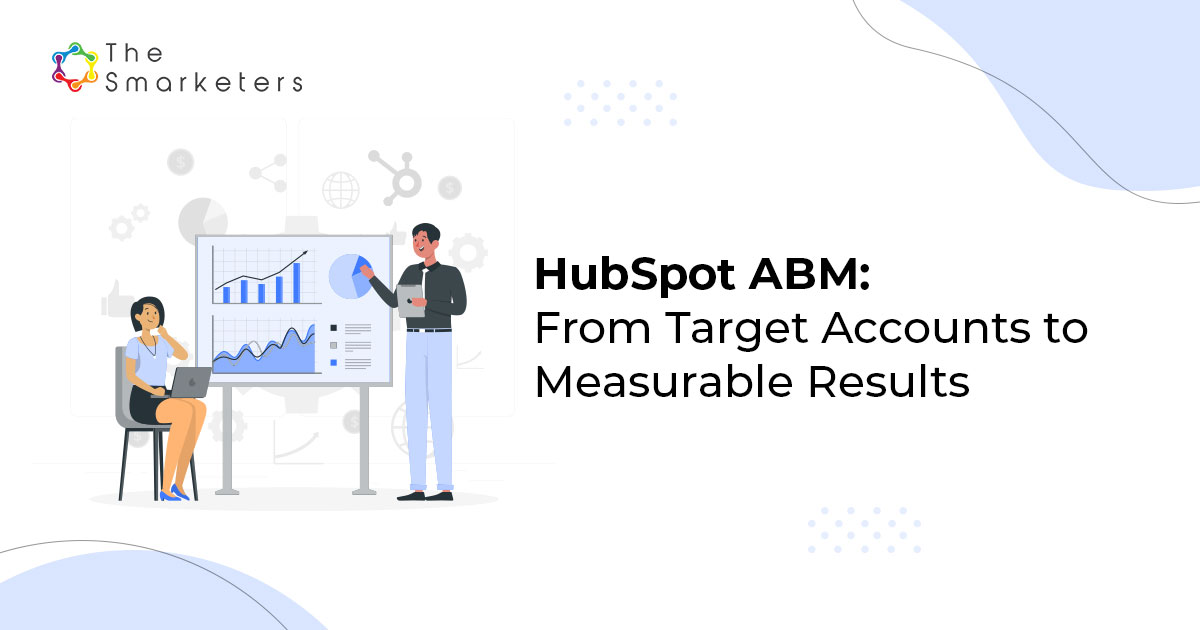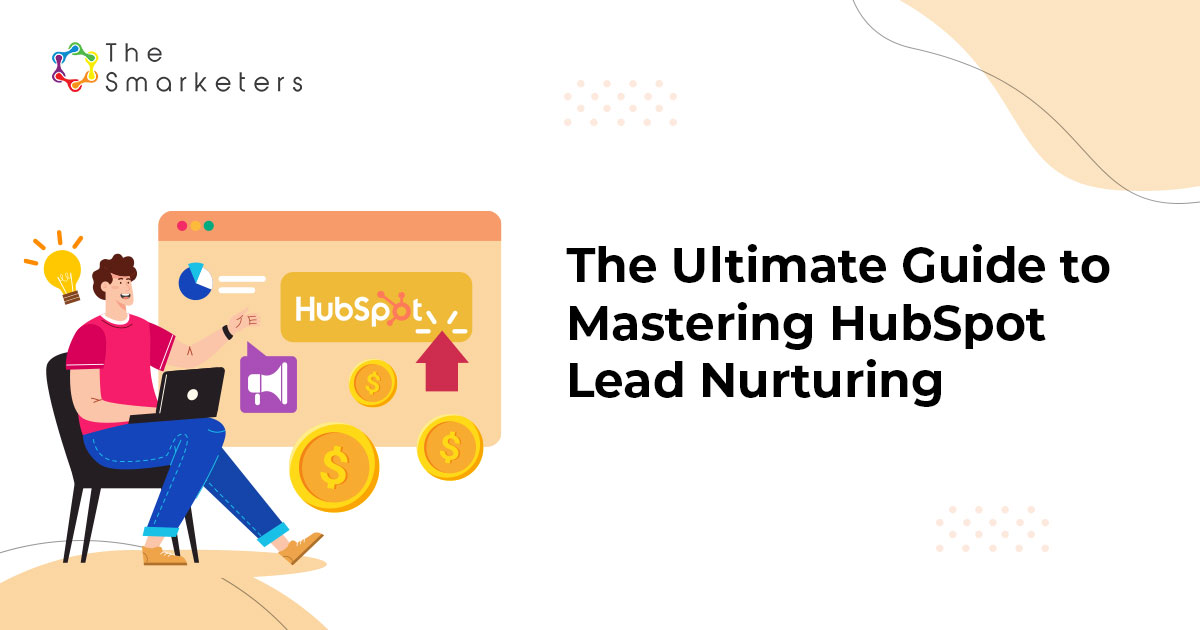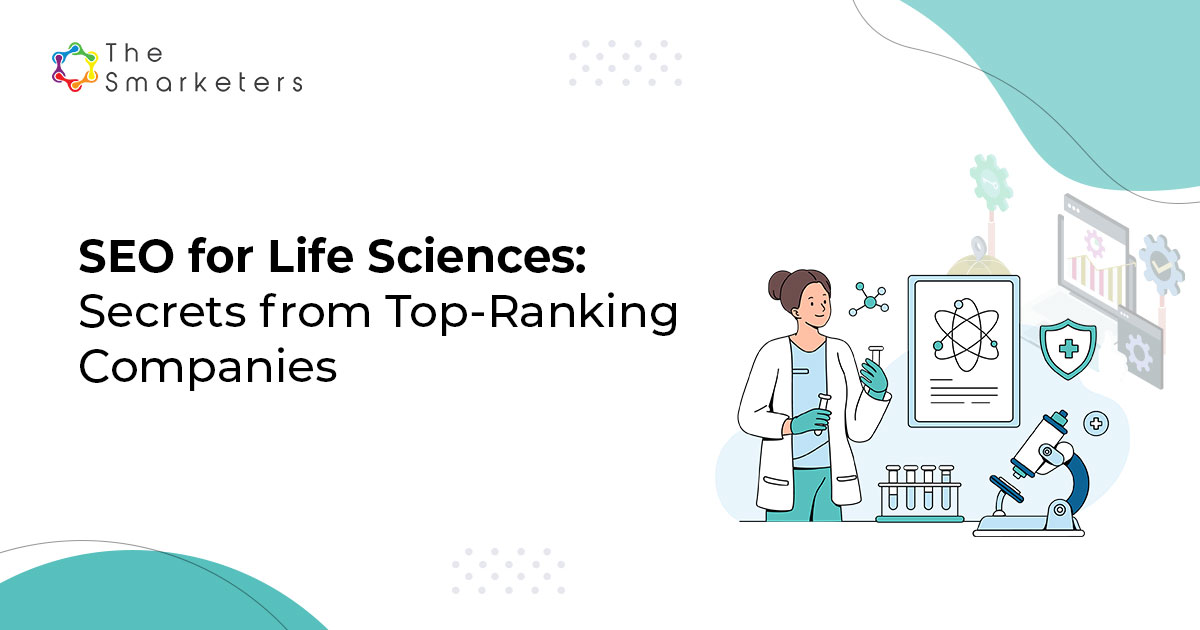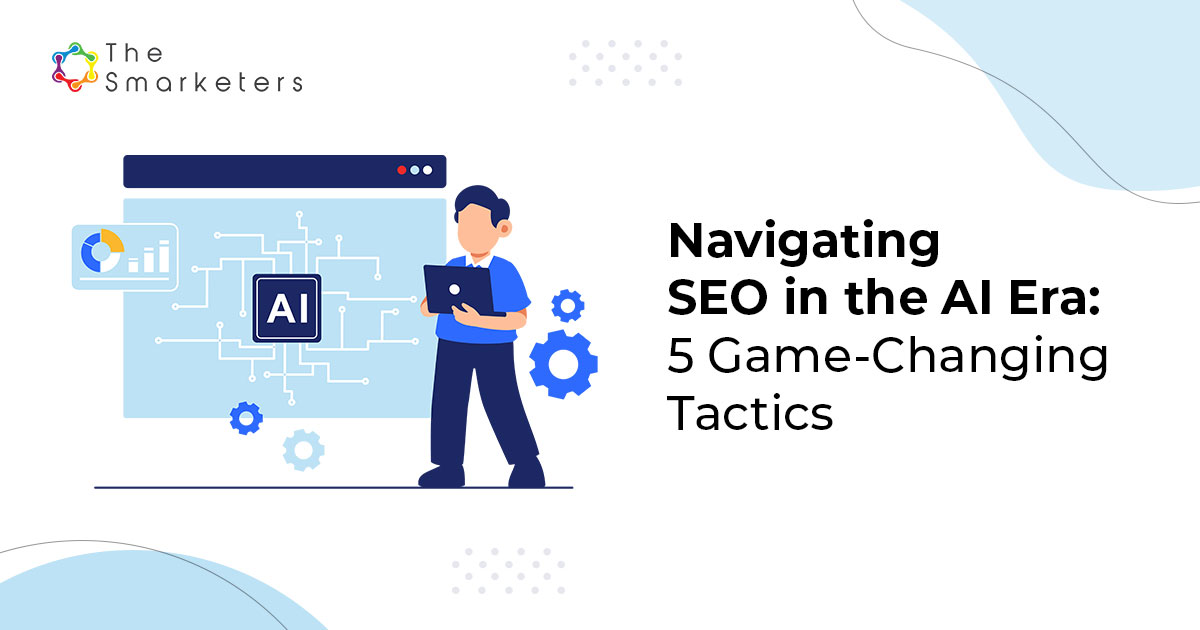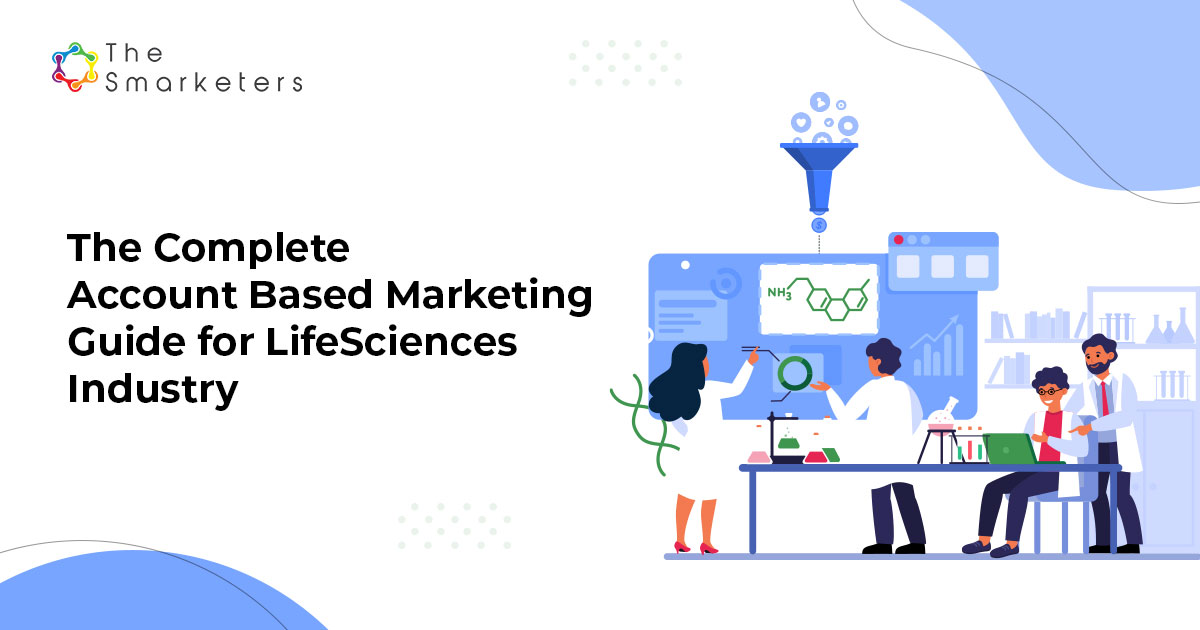As a marketer, most of us have had those moments where our hunches over marketing channels take a blow of uncertainty.
Gloom and despair set in when a channel we thought would give enormous results doesn’t deliver its value. But in truth there are no bad marketing channels there are only marketing channels done right or wrong. The same applies to content marketing.
Most internet marketers jump on the content marketing bandwagon the moment they start working on a new project because of its high ROI.
But most of them reel back into despair and wonder, the moment they don’t see the expected results or simply feel stuck in their game.
Although there are many reasons for content marketing to fail the core reasons can be tracked down to 5 major problem areas.
1. Your Strategy Lacks Direction
Pushing out a bunch of text onto your site is not content marketing. Doing content right always wins over doing more.
Companies which do content right ask hard questions and know their audience and the content they are looking for better than their competition.
If you are struggling with your content marketing strategy you can start by answering the following questions.
- What kind of questions is your target audience trying to find answers for?
- What type of content is most preferred among your audience?
- Which content formats are more consumable and have higher affinity in your target audience? PDFs? Videos? or Infographics?
- Which distribution channels does your audience use the most? Email? Linkedin? Facebook?
- When should you publish content on your site to get the highest chance at virality?
- How often do you need to put content out to remain on the top of your prospects and email subscriber’s mind?
- How are you reaching out to email subscribers? Is your email follow-up process streamlined?
2. Your Distribution Channels are Weak
If your business has started to establish its online presence recently then it is possible that your social channels like Facebook, Twitter or Linkedin have a very low number of fans and followers.
Official social channels have an audience who know your brand and have a taste for your content. They share your content more often.
Building a decent following on social channels takes time and it’s best to acquire them organically instead of buying your way through.
The truth is that social channels have a snowball effect. They will not yield results immediately.
So even your best content might not reach a good enough audience because your social presence and popularity are still in its nascent stages.
3. Competition
Not all industries are the same. Competing in server hosting and car insurance verticals is totally different from winning in medical SAAS software. Few niches are inherently difficult to crack. You can find the competitiveness of the vertical by entering a few specific keywords into the keyword difficulty tool. You can even look up a few terms you have written content for and see the number of competitors who have done a better job at content and presentation.
4. You Have Just Started
Every content marketing campaign should be given between 6 to 12 months before you expect rewards for your effort. All though virality plays a role for rapid growth trust grows on an audience acquired organically.
Trust and traffic grow when you show up with useful content on a regular basis. The benefits of content marketing are long term and it will fuel your other marketing channels like SEO, Email and social media.
5. You are trying to close it in the first move
This is excitement gone wrong. It is tempting to brag about your product to that recent email subscriber you know is from a company with deep pockets. People who want to listen to you don’t like to be hustled.
Content marketing should involve passive nurturance of leads. Reaching out to your audience early can be annoying to prospects who are still in the nascent stages of their research.
Does that mean we don’t reach out to them at all? No. Instead of hustling your way through you should build a relationship by providing useful content.
Conclusion
Most brands fail at content not because they fail to invest the time. They fail because of their pre-conceived notions about content marketing.
When you feel your content marketing program is going nowhere, assess the assumptions you have been making up. Look up into your analytics and see what type of content is working what is not.
As Henry Ford says – “If you always do what you’ve always done, you’ll always get what you’ve always got.”



